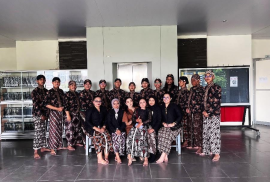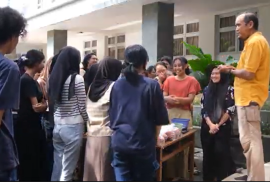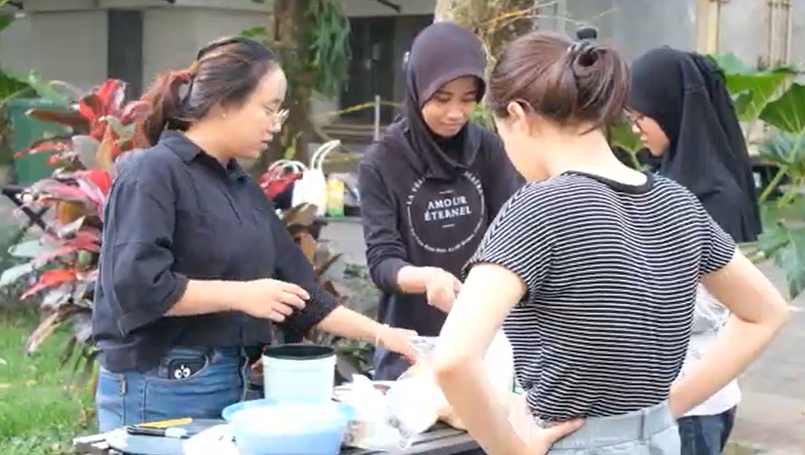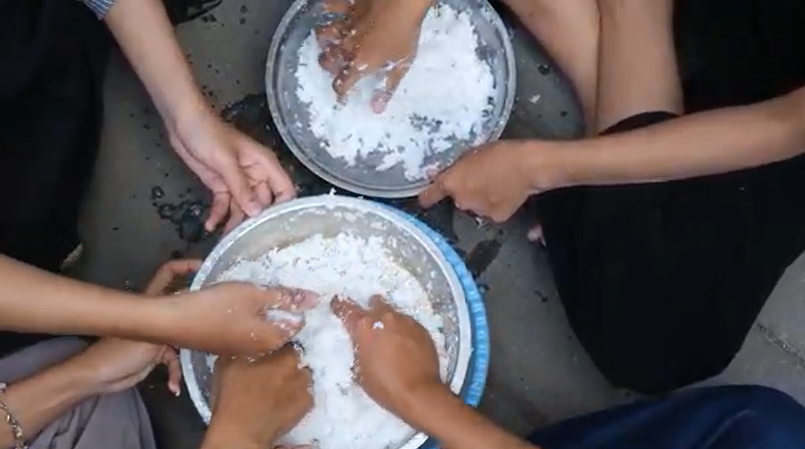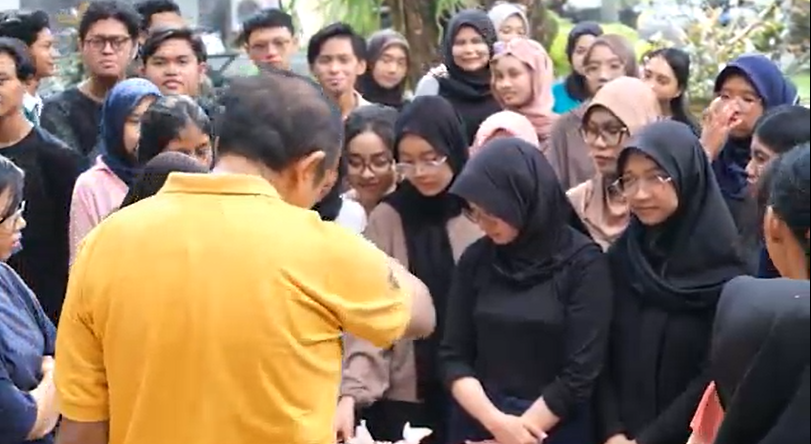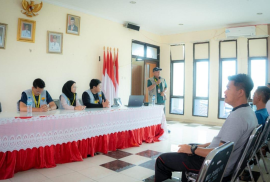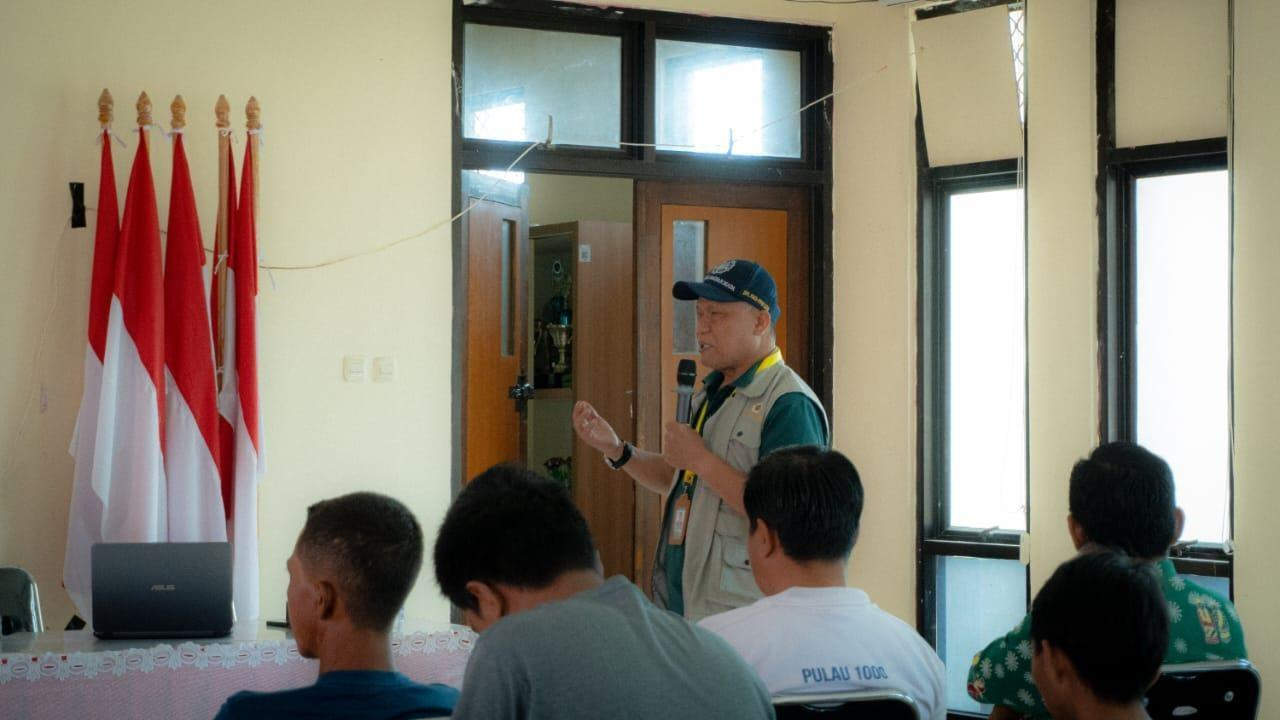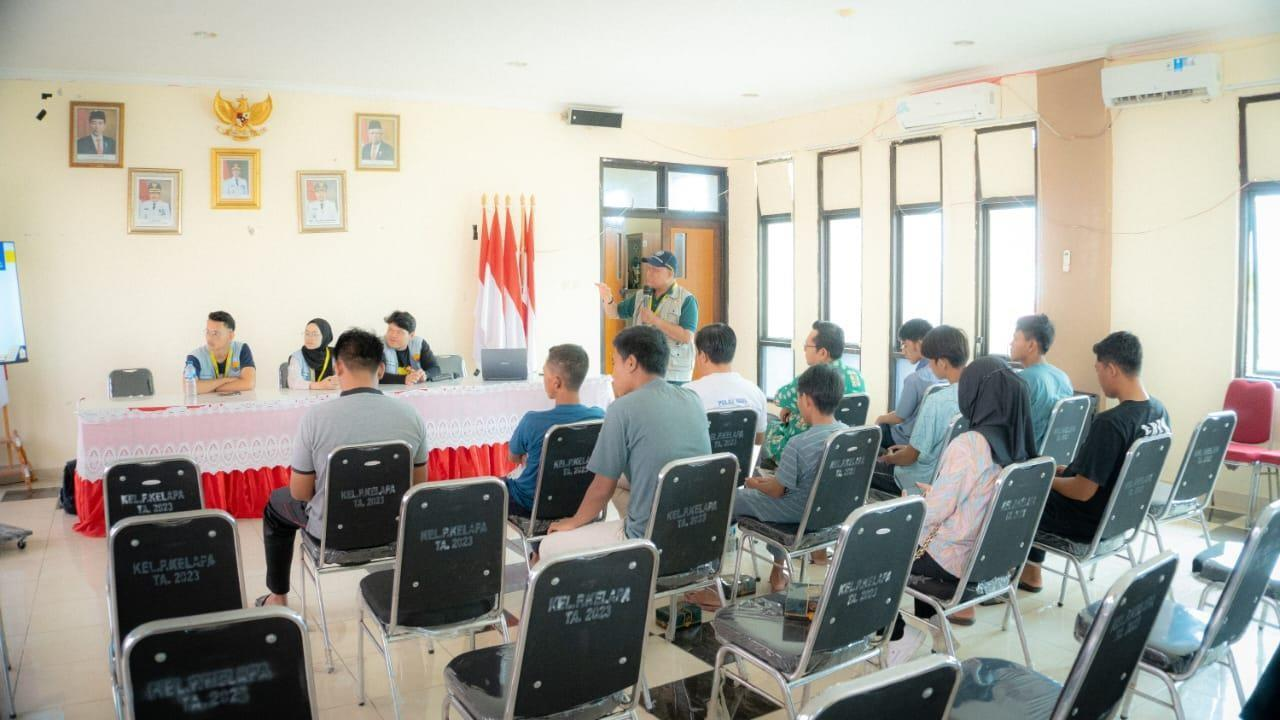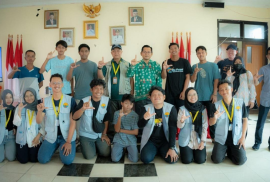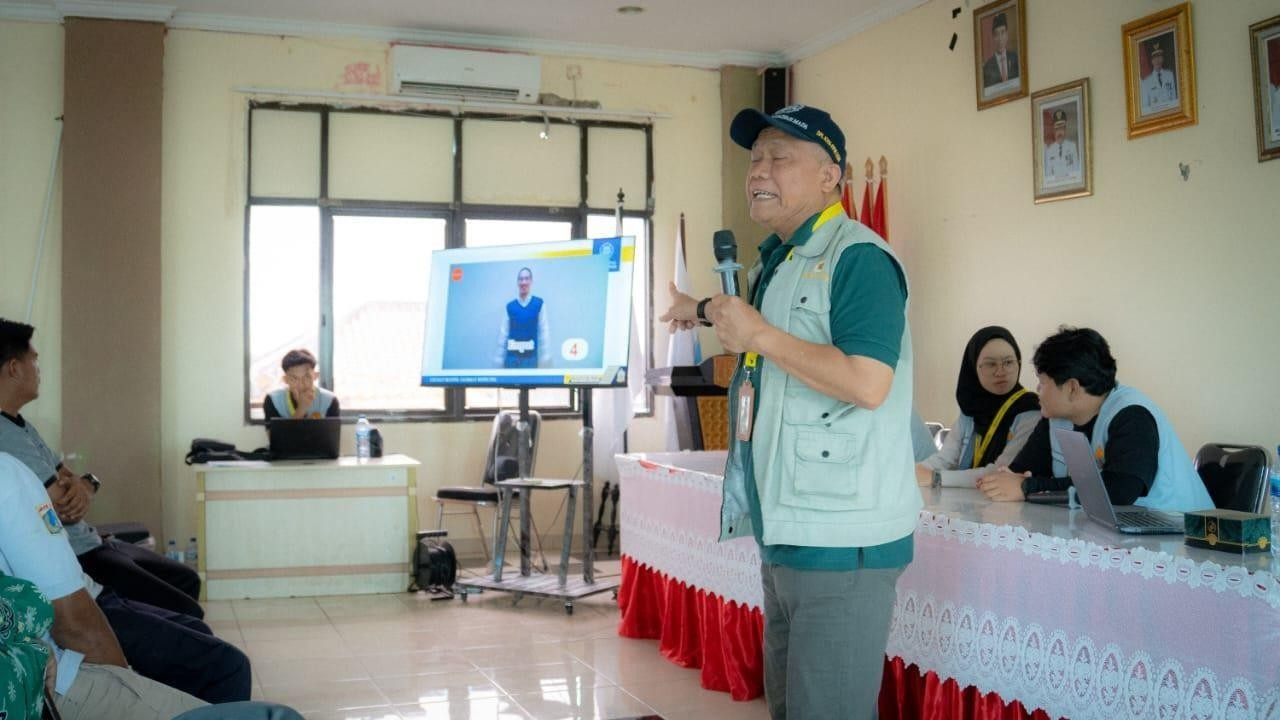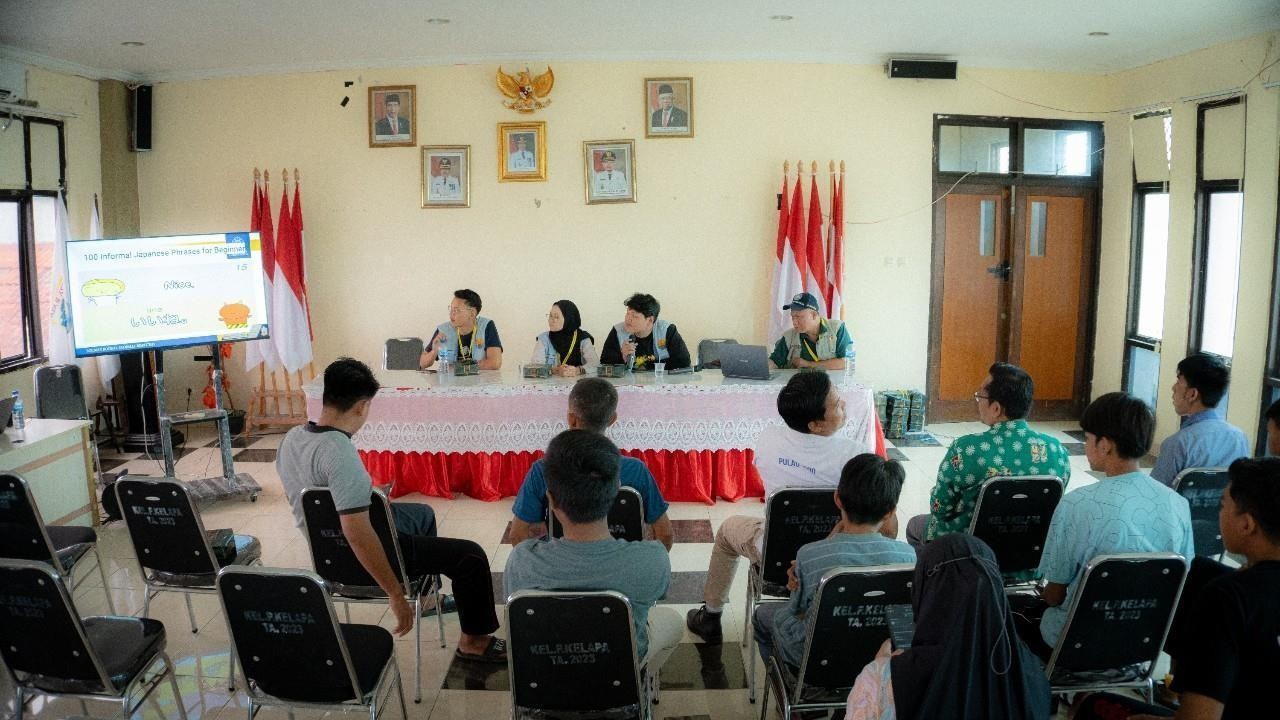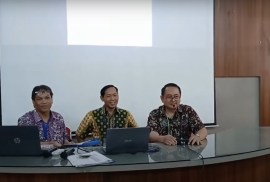Wednesday morning, July 31, 2024, became a historic moment for the 2024 batch of students of the Faculty of Cultural Sciences (FIB) at Universitas Gadjah Mada. As part of the campus introduction process, they were welcomed to the Pionir Kampung Budaya 2024 event, which was held for two days from July 31 to August 1, 2024. The event was designed to introduce new students to academic life at FIB UGM, where Mahadaya will study for the next four years.
The opening of Pionir Kampung Budaya 2024 was enlivened by the strains of gamelan performed by Gamasutra (Gamelan Sastra Nusantara), an art unit that serves as a forum for students of the Javanese Language, Literature, and Culture Study Program. Gamasutra played an important role in welcoming the mahadaya, presenting a solemn atmosphere and the nobility of Indonesian culture.
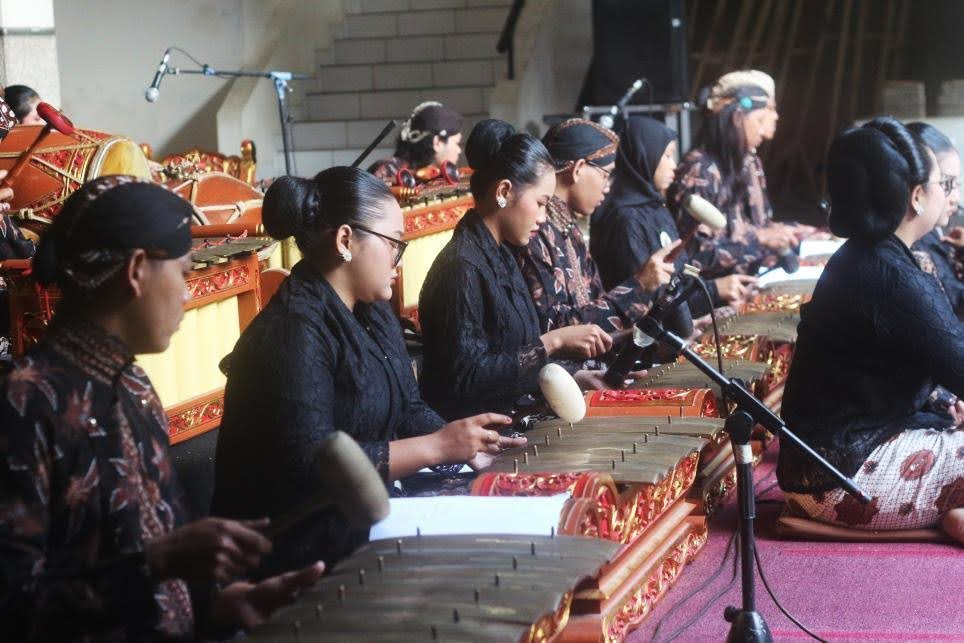
In addition to welcoming the mahadaya, Gamasutra also accompanied the presence of the Chairman of the Pionir Kampung Budaya 2024, the President of the Student Executive Board (LEM) 2024, the Dean of FIB UGM and staff, as well as the Heads of Study Programs from various departments. The peak moment of Gamasutra’s performance was when it enlivened the procession of gunungan removal, marking the official opening of Pionir Kampung Budaya 2024. Some of the songs performed by Gamasutra in the event include Gending Gati Padhasih, Gangsaran, and Ayak Vertikal which are the works of Ki Dr. Drs. Sukisno, M.Sn.
The Faculty of Cultural Sciences at UGM, as the frontline in cultural studies, shows its commitment in preserving Indonesia’s cultural heritage by providing ample space for the development of arts and cultural interests among students. This effort is in line with the implementation of the Sustainable Development Goals (SDGs), especially the 4th point on improving the quality of education and the 17th point on partnerships to achieve goals.
Gamasutra’s performance in Pionir Kampung Budaya 2024 is not only an entertainment event, but also a very important means of cultural introduction and preservation. Mahadaya class of 2024 also got a deep first impression of campus life that is rich in cultural values and traditions, which Mahadaya will continue to encounter and develop during its dynamics at the Faculty of Cultural Sciences at UGM
Author : Haryo Untoro

